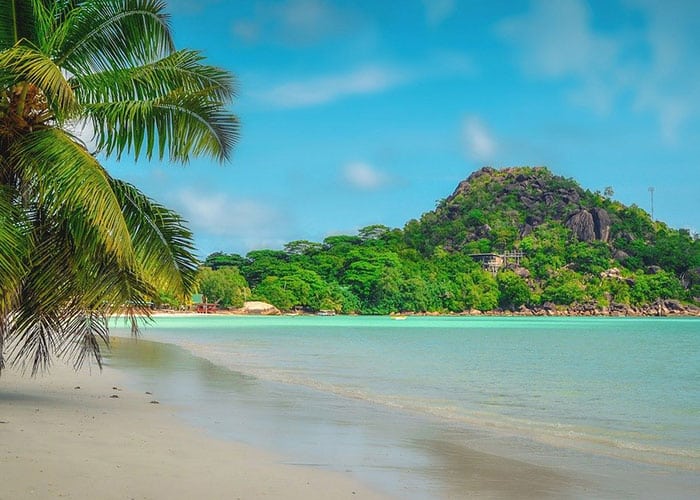The land of the rising sun arouses curiosity through its animated films, its prints and its gastronomy, which spreads at a speed close to the Shinkansen. However, it remains mysterious in many ways. Here is a quick overview of island life to help you decide (or not) to settle there.
Summary
Safety first
Japan has the lowest aggression rate in the world: 1.4% of the population in 2013 according to the OECD. Cases of theft are so rare that Japanese people have no problem leaving their personal belongings unattended – computers and telephones included – in public spaces.
Cleanliness Gold Medal
The Japanese being accustomed to keeping their waste to dispose of it at home, the streets are devoid of garbage cans, except next to the drink distributors which abound throughout the country. You are sure to never die of thirst! The toilets demonstrate their respect for public property. In addition to being clean, they are free and can be found on every street corner, store, park, train station and metro station.
Traveling rhymes with punctuality
Public transport, whose vast network reaches even the most remote corners, is not lacking in this quality of service, which is very particular to Japan: their punctuality is foolproof, thanks to the absence of strikes, and to the trains in any climatic condition.
A shopper’s paradise
Shops are open on Sundays and public holidays, often until late hours. But what seduces the most are the famous « konbini », these convenience stores that never close and offer something to eat, but also hygiene products, stationery, in short, everything that can help you out. ! If the cost of living is certainly high, in particular transport, fruits and vegetables, the shops « everything at 100 yen » – equivalent to 0.75€ – are worth the detour and the restaurants, very popular in Japan, offer affordable prices.
A capricious weather
The extent of the country explains the temperature contrasts between the regions, but unfortunately, none escapes the wrath of mother nature: typhoons and earthquakes hit the Japanese lands every year. If the constructions are earthquake-resistant, their poor insulation does not facilitate the crossing of harsh winters. As for summer, the humidity makes the heat more difficult to bear: drink dispensers and terry towels will then become your best allies.
A culture to integrate
But it is the cultural barrier that stands before the hesitation of expatriates to pursue their Japanese experience. The Japanese, appreciated for their politeness and helpfulness, manage human relations by putting the interest of the community before their personal satisfaction. If they conceal their feelings, express their refusals with polite expressions, and avoid expressing an opinion on controversial subjects, it is in order to maintain a stable and balanced society. However for the uninitiated, this can lead to confusing exchanges. Some expatriates nevertheless manage to forge bonds of friendship with their colleagues and comrades, often difficult to meet outside the context of work or studies, while others opt for the solution of remaining among « gaijins ».
Limited immigration
Finally, it is difficult to obtain a long-term visa. Even ties with a Japanese person through marriage, children, or the creation of a business, do not prevent expatriates from going to the immigration offices to renew their visa regularly.
In conclusion, to confirm your decision, the best thing is to take a look: you will surely not regret this introduction to Japanese life.
When to go to Island? The answer in our file here.
Read also: How much does a trip to Japan cost?




